The Law of Treason and Treason Trials in Later Medieval France
This book presents a balanced account not only of the theoretical framework and legal complexities of the law of treason in later medieval France, but also of the extent and political context of that law's enforcement. By shedding some light on a larger issue - the interplay of law and politics, authority and power - the book contributes to our understanding of the French monarchy's efforts in the crucial fourteenth and fifteenth centuries to protect, extend and enforce its authority. The crown needed virtually all its judicial resources to cope with treason. Summary judgement and judgement by notoriety had largely given way by the fifteenth century to institutionalized procedures; special mention is made of trial by commission and the trial of peers. In the last five chapters the prosecution of treason is treated narratively to illuminate the policies of individual kings. Throughout the book comparisons are made with the English law.
{{comment.content}}
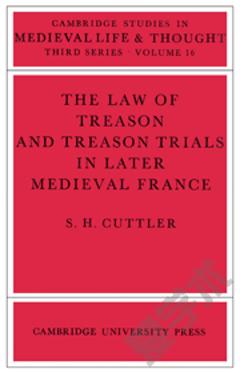
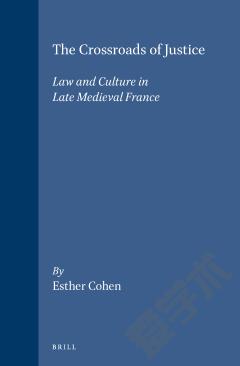
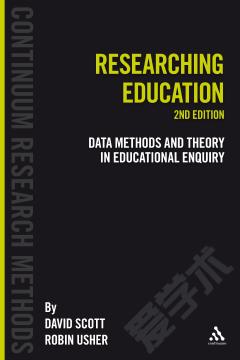
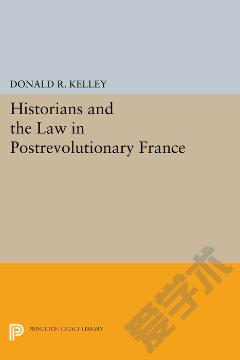

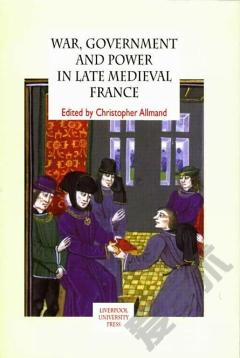


 京公网安备 11010802027623号
京公网安备 11010802027623号